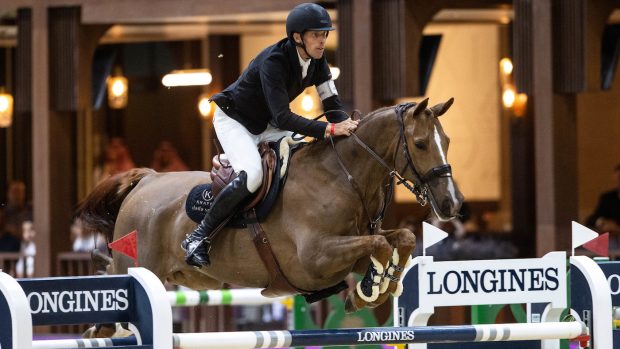The gavel came down on horse-trading at Southall Market in Ealing on Wednesday (1 Aug) after more than 100 years of business at the site.
The horse market, which took place every Wednesday in a yard behind Southall High Street, was popular with members of the traveller community.
Michael Lovelace, from the firm that ran the market, explained to H&H that the retirement of his two partners, Richard Steel, 89, and Anthony Lovelace, 77, led to the market’s closure.
He said: “It’s been a part of my life for 20 years, but it wouldn’t be practical to run this type of business on my own — and I don’t really have the will. But I’ll continue operating as a passport issuer from the market office. I’m considering what other activities we could do here on a Wednesday, but I’ve got no ideas at the moment.”
He thought the business would have been brought to its knees had it continued because dealers may baulk at converting their lorries to comply with new Transport for London vehicle emissions regulations being introduced early next year (news, 25 January).
Dealer Alan Stubbings of Harefield, Middlesex, who had been visiting the market for 55 years, said he was sad to see the market go.
“It was a way of life for many people,” he said. “You could buy anything there. But it wasn’t just a market, it was a meeting place for horsey people.”
Over the years the market has attracted criticism for its standards of welfare, but Sharon Edwards, animal health inspector for the City of London Corporation, said the market didn’t deserve its bad reputation.
“I’ve been going for 12 years,” she said, “and have never had reason to make a prosecution. If an animal was not fit for sale we’d withdraw it but that only ever happened on a couple of occasions.”
The sentiment was echoed by Allison Williment, field officer for the International League for the Protection of Horses (ILPH), who said she had never needed to intervene in the auctions.
“There were things I personally didn’t like — such as horses being trotted up and down on concrete and the lack of a proper sale ring — but they were complying with legislation,” she said.
This news story was first published in Horse & Hound (9 August, ’07)




